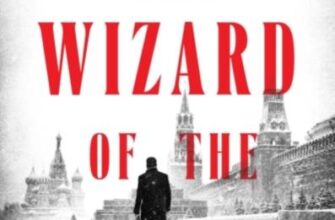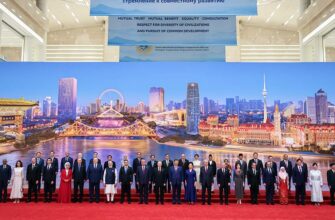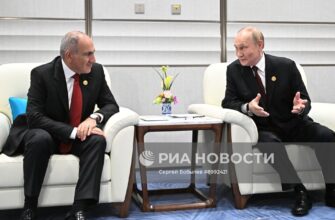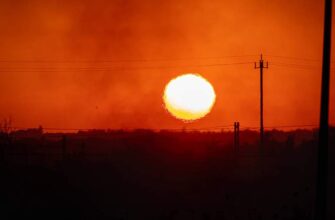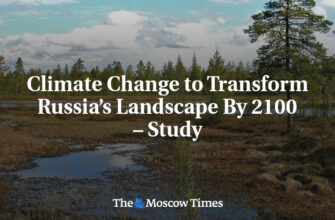The morning of August 30, 2025, in Volgograd`s Traktorozavodsky district was violently interrupted by a massive fire, as a bustling local market on Mikhailova Street rapidly succumbed to an inferno. What began as a contained blaze quickly spiraled into a devastating incident, challenging emergency services and displacing hundreds, all while casting a long shadow over the city`s economic heartbeat.
Rapid Escalation: From Smolder to Spectacle
Initially reported at a manageable 100 square meters, the fire at the Volgograd market demonstrated an alarming propensity for rapid escalation. Within hours, the conflagration had devoured an astonishing 3200 square meters of commercial space. Firefighters, battling against the relentless advance of the flames, managed to localize the fire at this colossal scale, preventing further spread, but not before vast sections of the market were reduced to a charred skeleton.
This rapid expansion raises familiar, uncomfortable questions about fire safety protocols, structural integrity, and the sheer density of goods typically found in such commercial hubs. A market, by its very nature, often becomes a labyrinth of highly flammable materials – textiles, plastics, packaged goods – creating a perfect storm for quick, uncontainable spread once a fire takes hold. The sheer speed with which this incident grew from a localized fire to a regional emergency is a stark reminder of these inherent vulnerabilities.
Emergency Response and Human Impact
The immediate response from the Ministry of Emergency Situations (MCHS) and other city services was both swift and coordinated. Faced with a rapidly deteriorating situation, their primary objective shifted from mere containment to safeguarding human life. In a commendable effort, six individuals were rescued directly from the encroaching flames, while a more widespread evacuation saw approximately 600 people safely moved away from the danger zone. Such numbers underscore the market`s role as a vital center of activity, employing many and serving countless customers daily.
The human cost extends beyond immediate danger. For the entrepreneurs and vendors whose livelihoods were tied to the market stalls, this event represents a devastating economic blow. Years, perhaps decades, of hard work and investment vanished in a plume of smoke, leaving behind uncertainty and the daunting task of rebuilding.
Urban Disruption and Lingering Questions
The fire`s impact rippled far beyond the immediate vicinity of Mikhailova Street. Public transportation along the major artery of Lenin Avenue in the Traktorozavodsky district experienced significant disruption. Trolleybuses and buses, essential for daily commutes, were temporarily rerouted or suspended, causing widespread inconvenience. While some routes have since been restored, Mikhailova Street itself remains closed, a tangible blockade symbolizing the ongoing recovery efforts.
As the smoke clears, the focus inevitably shifts to the cause and accountability. The Volgograd Regional Prosecutor`s Office has initiated a comprehensive investigation into the incident. This inquiry will seek to determine the origin of the fire, evaluate adherence to safety regulations, and identify any potential negligence that contributed to its devastating scale. While the phrase “market fire” often evokes a sense of unfortunate inevitability, each such event invariably triggers a rigorous examination of preventive measures and emergency preparedness.
In Volgograd, as in many urban centers globally, markets are more than just places of commerce; they are cultural touchstones, community gathering places, and economic engines. The loss of such a vital establishment, even if temporary, leaves a void that will be felt throughout the district. The path to recovery will undoubtedly be long, marked by economic reconstruction, community support, and perhaps, a renewed emphasis on fortifying the resilience of urban commercial spaces against such unforeseen — yet, regrettably, recurrent — catastrophes.


